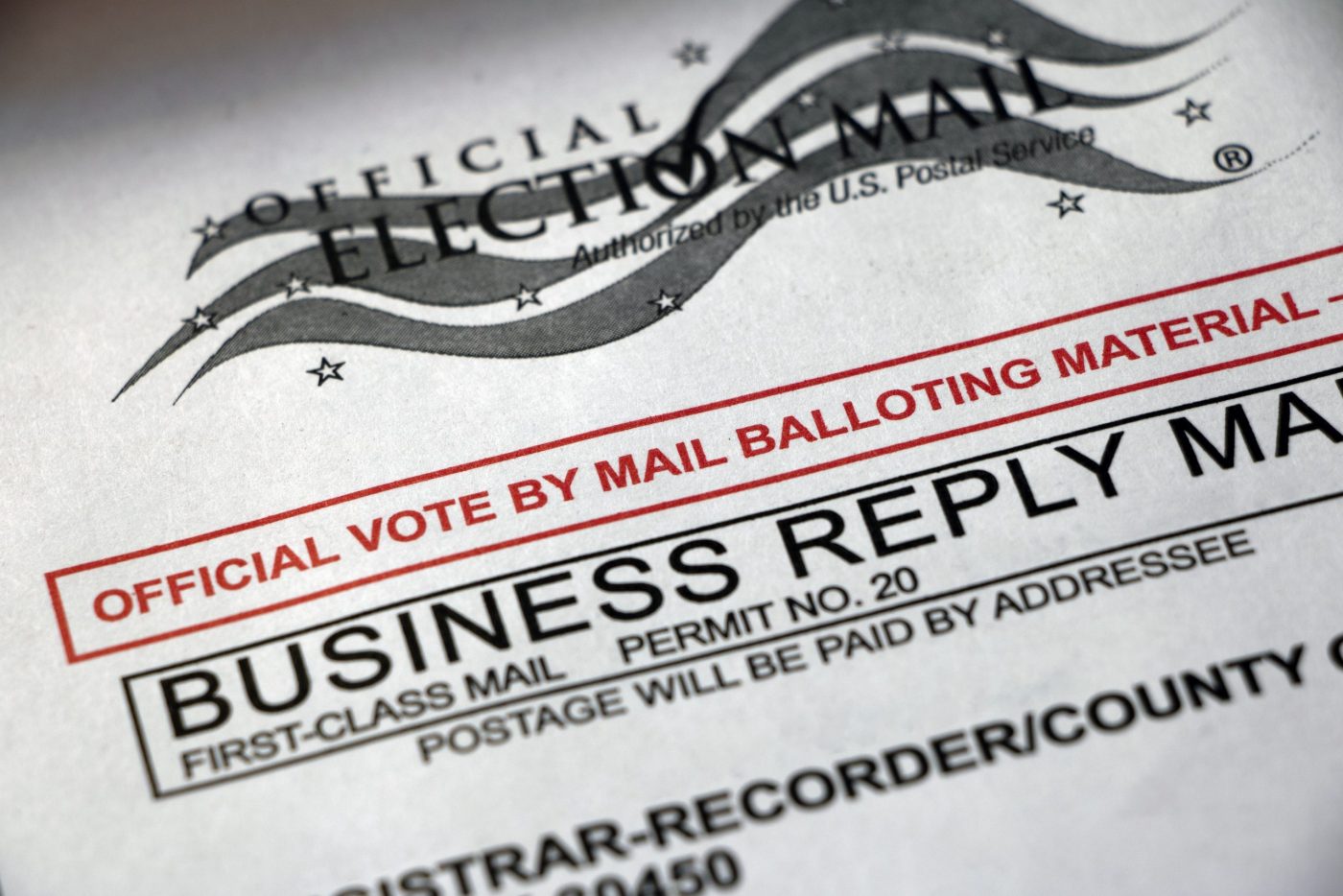
“One Person, One Vote”
The principle of “one person, one vote” has been invoked by civil rights activists, reapportionment advocates and suffragettes over the decades. The idea that each legally registered voter is entitled to one and only one vote is a cornerstone of democratic society. The integrity of the electoral process rests on its legitimacy.
So why has Nevada seemingly opened the door to electoral shenanigans by changing the law so that all active, registered voters will automatically receive a mail-in ballot before each election and by failing to require most voters to prove identification when casting ballots?
While other states are working to head off fraud, Nevada is moving in the opposite direction. In the past year, the legislature codified a law expanding mail-in voting so that all active, registered voters – more than 1.8 million – will automatically receive a mail ballot before each election unless they specifically opt out. That, coupled with laws that don’t require voters to provide identification when casting ballots, and further allow—if not encourage— individuals to collect and turn-in mail ballots on behalf of other voters (“ballot harvesting”), has made Nevada’s voting laws among the laxest in the country.
“The right to fair representation, to have each vote count equally is, it seems to me, basic to the successful operation of a democracy,” President John F. Kennedy said in 1962.
There have been no proven allegations of widespread, systemic voter fraud in Nevada, but it doesn’t take a great deal of abuse to have a pivotal impact on an election.
Consider some of the closest statewide elections in Silver State history:
- In the 1898 governor’s race Reinhold Sadler of the Silver Party defeated Republican William McMillan by 22 votes;
- Republican E.E. Roberts beat Democrat Clay Tallman by 69 votes in the 1912 Congress election;
- In the 1914 race for Nevada’s U.S. Senate seat, Democrat Francis Newlands defeated Republican Samuel Platt by 40 votes;
- Democrat Harry Reid topped Republican John Ensign by 428 votes, out of more than 415,000 ballots cast, to win re-election to the U.S. Senate in 1998; and
- In the 1964 U.S. Senate race, Democrat H.W. Canon defeated Republican Paul Laxalt by 84 votes, a difference of less than one-half of 1 percent of the more than 134,000 ballots cast. Had just 43 existing Canon votes been illegally altered in favor of Laxalt, the will of the majority of the state’s voters – in this case, more than 67,000 individuals –would have been thwarted.
Other states have seen even closer races:
- The 1974 U.S. Senate race in New Hampshire, in which more than 222,000 votes were cast, came down to a difference of two votes, a margin of less than one-one hundredth of a percent, before it was decided a second election would be held.
- The 1984 U.S. House race in Indiana’s 8th District saw the winner defeat his opponent by four votes, out of more than 133,000 ballots cast.
- The 2020 U.S. House race in Iowa’s 2nd District was decided by six votes, out of more than 394,000 ballots cast.
- And several races for the U.S. House in the 19th century were decided by a single vote.
The above are unusual occurrences, as few elections are decided by such narrow margins. But given the confusion, finger-pointing and bad blood that can arise after an unusually close race – such as the 2000 U.S. presidential election – state officials should be working to ensure that there’s no room for impropriety – or the hint of impropriety – rather than making it easier for the dishonest to wreak havoc under the guise of “voting access.”
Nevadans have a right to believe that every election will be safe and secure, and that every vote cast will be counted.
However, the recent legislative changes risk undermining this important concept.
During the next election, nearly 2 million mail ballots will be sent to registered voters. This, instead of simply allowing registered voters to cast ballots in person, substantially increases the chances of ballots being stolen, especially as Nevada law no longer requires most voters to present a photo ID.
Keeping voting rolls clean and accurate so that ballots aren’t sent to out-of-date or incorrect addresses is difficult given the transient nature of southern Nevada and our election boards’ poor track record.
And public officials have compounded the problem by allowing individuals to collect and turn-in ballots for other voters, a practice known as ballot harvesting.
Why are these changes bad? Because there are those who will break the law for their own purposes.
In Connecticut, a former state representative pleaded guilty to ballot fraud after he was caught inducing elderly residents to cast absentee ballots for him. It was determined that the ex-lawmaker had gone from room to room in a housing facility for low-income, elderly people passing out absentee ballots and telling those residents to vote for him.
A Florida man pleaded no contest to felony voter fraud charges in 2019. His offenses were uncovered after five residents in a neighboring town did not receive their absentee ballots for the 2016 election, but later learned they had been filled out, signed and returned.
And, closer to home, in November of 2020 a Las Vegas man was charged with possession of stolen mail that included Clark County absentee voter ballots.
Are these sorts of misdeeds common? Almost certainly not. But given the narrow margins of some past elections, and the fact that every fraudulent ballot cast invalidates the vote of an eligible voter, why is Nevada undermining confidence in our electoral system by making it easier for bad actors to do their worst?